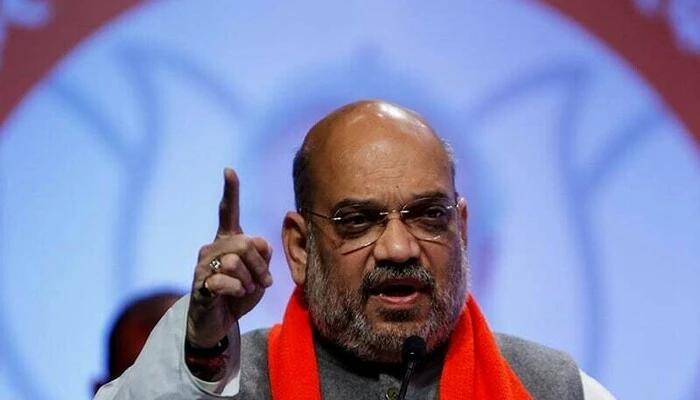India on Saturday rejected Canada’s allegation that Indian Home Minister Amit Shah plotted to target Sikh activists on Canadian soil. The Indian government called the accusation “absurd and baseless,” responding firmly to the diplomatic claims.
Earlier this week, Canadian officials claimed that intelligence traced a campaign to monitor and allegedly target Khalistani activists in Canada back to top levels of the Indian government. The allegations implicated Shah, who is widely regarded as Prime Minister Narendra Modi’s close ally and “right-hand man.”
Canada is home to the largest Sikh community outside India. The community includes supporters of Khalistan, a fringe separatist movement calling for an independent Sikh state carved out of Indian territory.
India Rebukes Canadian Claims
In response, India’s Ministry of External Affairs (MEA) issued a strong statement. “The Government of India protests in the strongest terms to the absurd and baseless references made to the Union Home Minister of India,” said Randhir Jaiswal, MEA spokesperson. Jaiswal emphasized that the allegations were without merit and accused Canada of damaging diplomatic relations.
On Friday, India summoned the Canadian High Commission’s representative to convey its protest. The MEA handed over a diplomatic note, underscoring its disapproval of the allegations and the potential consequences for bilateral ties.
Diplomatic Tensions Rise
Jaiswal accused Canadian officials of leaking “unfounded insinuations” to the media, which, he argued, were intended to “discredit India.” He warned that “such irresponsible actions will have serious consequences for bilateral ties,” reflecting India’s frustration over the escalating diplomatic rift. Canada’s allegations come amidst a growing global debate about foreign influence, surveillance, and the role of intelligence agencies on foreign soil.
Read: Israeli Bombing in Gaza Kills Five as Tensions Escalate
India’s firm response signals its intent to push back against any claims of interference in Canada. In recent years, India has frequently voiced concerns over Canada’s approach toward Sikh separatism, accusing Ottawa of allowing the Khalistan movement to foster openly on its soil.
Strained Relations Over Khalistan Support
The Khalistan movement, although marginal, has been a point of friction between India and Canada. New Delhi views the movement as a security threat and has criticized the Canadian government for what it sees as leniency toward Khalistani supporters in Canada. Canada, however, emphasizes freedom of expression, allowing peaceful demonstrations even from those with separatist views.
This difference in approach has often strained the countries’ diplomatic relationship. In recent months, these tensions have escalated, particularly after the killing of Hardeep Singh Nijjar, a prominent Khalistan activist in Canada, for which Canadian officials suspect an Indian link.
Impact on Bilateral Ties
The recent exchange between India and Canada underscores a diplomatic chill that risks impacting bilateral trade, cultural exchanges, and cooperation. The two countries share strong economic and people-to-people ties, with significant Canadian investment in India and vice versa. Canada also relies on a large number of Indian immigrants contributing to its economy. However, issues surrounding the Khalistan movement continue to hinder a stable and cooperative relationship.
India’s insistence on a non-interference policy and Canada’s adherence to freedom of expression laws form the basis of this disagreement. How both nations address these allegations moving forward may shape future ties. Both governments have indicated the need for diplomatic engagement, but with mutual mistrust, it remains unclear whether a solution will be found in the short term.
Follow Day News on Google News, Instagram, YouTube, Facebook, Whats App, and TikTok for latest updates
